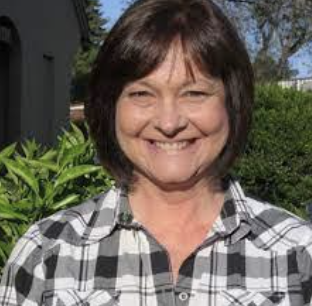There has been a shift in the way we teach young children in the last decade. In their work with our youngest learners, Early Childhood Educators have moved to a more intentional, facilitative approach, grounded in Child Development. Looking toward developmentally appropriate practices to guide their work, Early Childhood educators in Jewish preschools have some difficult questions to ask themselves, particularly when dealing with some of our Jewish holidays.
Such was the case on August 29th in our class discussion of Yom Kippur, when our Master's Degree students were asked to take sides in two debates. Yom Kippur itself is not an easy holiday to teach young children. Two practices which have been long standing in some Jewish Early Childhood programs, having children say "I'm sorry," and telling very young children the story of Jonah, can be problematic in a current ECE practice.
To enable the students to articulate their positions on these questions, a debate was held as a part of our Jewish Calendar course. The first group had the question, "Is saying sorry developmentally appropriate?", and the second group was asked "Is telling the Jonah story developmentally appropriate?" Students self-selected which side of the debate they wanted to participate. Some of the students chose the side of the debate they believed in, while others deliberately chose the side they were against in their personal practice.
Both debates were lively and well thought out. In the first, those who argued in favor of saying sorry made the point that while they may not require an apology, they felt that there were benefits to apologizing. They used the idea of sharing, that young children need to grow to know what it to share. They might not know how to share or be able to share until they grow. They reasoned that it the same for saying I’m sorry - that the modeling of this language gives children the tool to learn the action. The "con-sorry" team made the point that while saying sorry may make an impact on the person who was wronged, what does the act of saying sorry actually mean?
In the second debate, the "pro-Jonah story" team made the connection from the Jonah story to the Jewish tradition. This, they argued, was an integral part of the Yom Kippur observance, that the overarching story is that G-d loves us and forgives us. The "con-Jonah story" team questioned the developmental appropriateness of the Jonah story, asking if there isn’t another story that we could use to teach these values. One student noted, "What’s the rush? Why should we teach this now when we know they will get it later when they have grown and are able to understand symbolic thinking?"
The debate premise was an effective exercise for all the students in articulating the why of their practice. Students noted that the back and forth of these two sides was helpful in hearing another side of the argument. To be challenged on and to defend their argument enables the students to have a clear sense of where they stand on difficult issues in Early Childhood Education, and how to keep their practice in line with current best practice in Early Childhood Education.

